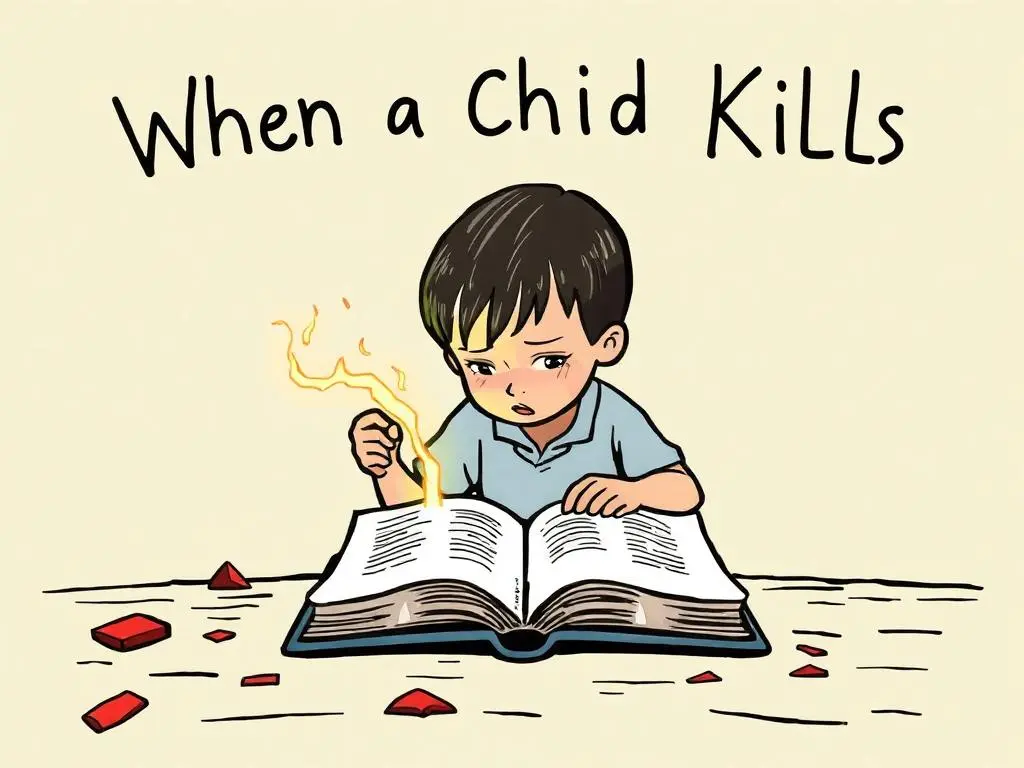His Nation in Turmoil, One Boy Finds Refuge and Adventure in Friendship

SUNCATCHER
By Romesh Gunesekera
In Romesh Gunesekera’s 1994 novel “Reef,” we catch a fleeting glimpse of a boy named Ravi, who lives next door to the book’s protagonist, Triton. Ravi introduces Triton to the American Wild West, cages parrots and mynas in his house and shoots arrows tipped with flattened nails. “Once he got me in the head: a good quarter-inch of nail into my skull making a hole I can still feel in moments of stress,” Triton says.
Soon after that, Ravi emigrates with his family to America and vanishes from the pages of “Reef.” But a version of him reappears in “Suncatcher,” Gunesekera’s latest novel, set in 1964 in Ceylon (as Sri Lanka was then known). Here he is Jay, a wealthy boy with an unusual vocabulary and a penchant for violence as indicated by the bowie knife hanging from his belt, who is on the lookout for an acolyte. He finds one in Kairo, who is “vaulting towards” his teens while simultaneously waiting for “childhood’s demons to die.”
The friendship between the two boys, marked by differences in class and power, forms the crux of the story. Narrated retrospectively by an older Kairo, it unfolds against Ceylon’s volatile political backdrop. Schools are shut, and the air is thick with calls for protest.
Kairo’s father is a Trotskyist prone to delivering stilted lectures on the rise of Sinhalese chauvinism and placing bets on horse races in England. His mother, who works for Radio Ceylon, reminds him to study. But Kairo prefers to cycle around Colombo, describing his world in the language of westerns and the comics he finds in his “sanctuary,” a secondhand bookshop.
Jay brings him the promise of adventure, “a life more exciting than one punctuated by my father’s snores.” In Jay’s house, which is “so large that no single place offered a view of the full extent of it,” Kairo meets Jay’s mother, dressed in an oyster-blue caftan that “could have adorned Cleopatra in some Technicolor oasis.” He helps Jay build an aviary in the garden, cleans his fish tanks and travels with him to his uncle Elvin’s estate, where a hunting game the boys play with the son of the estate superintendent results in a shocking injury.
Kairo seems to be on the cusp of a political awakening that would please his father, but the harrowing episode doesn’t alter his relationship with Jay. Though the older Kairo interjects with an occasional comment on the experiences of his younger self, more often than not he chooses to remain silent. This is especially perplexing in key scenes such as this one. There is an unevenness to the novel’s texture and tone, deriving in part from a failure to employ retrospection effectively to either heighten tension or illuminate the characters’ actions and motivations.
Gunesekera artfully renders the unequal relationship between the two boys, and the fractures within their families, but the external world never quite coheres with their interiors. When Jay suggests they go for a chocolate milk, Kairo considers his cash flow: “My finances were in a trough — as were the country’s, according to my maddening father.” The dialogue is often similarly unconvincing. Tedious metaphors, drawing comparisons between birds and humans, cages and countries, overwhelm sentences. Characters such as Niromi, a girl Kairo worries may come between him and Jay, and Channa, a Tamil boy Jay rescues from bullies, aren’t fully fleshed out. Others appear to have an unfortunate predilection for making ominous remarks that portend the novel’s conclusion.
The writing is most successful when Gunesekera reins in the polemics and refracts through the young Kairo’s eyes the subtle ways in which divisions of class can manifest themselves. In one scene, the weekly paper collector arrives to pick up the newspapers that Kairo’s father hoards and that his mother wants to toss out. The family’s servant, Siripala, tells the collector that he’s early. “He pointed to his wrist,” Gunesekera writes. “The paper collector checked his wrist too. Neither had watches but both pretended their lives blossomed richer than they did. … The realm of make-believe, I could see even then, was not mine alone.”




